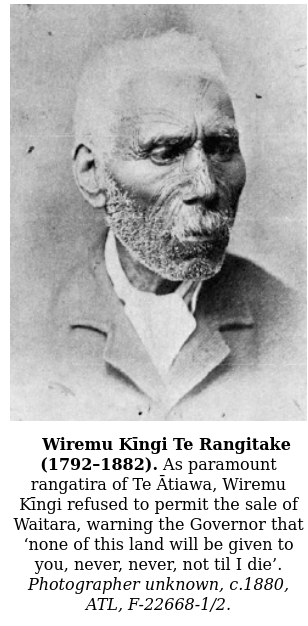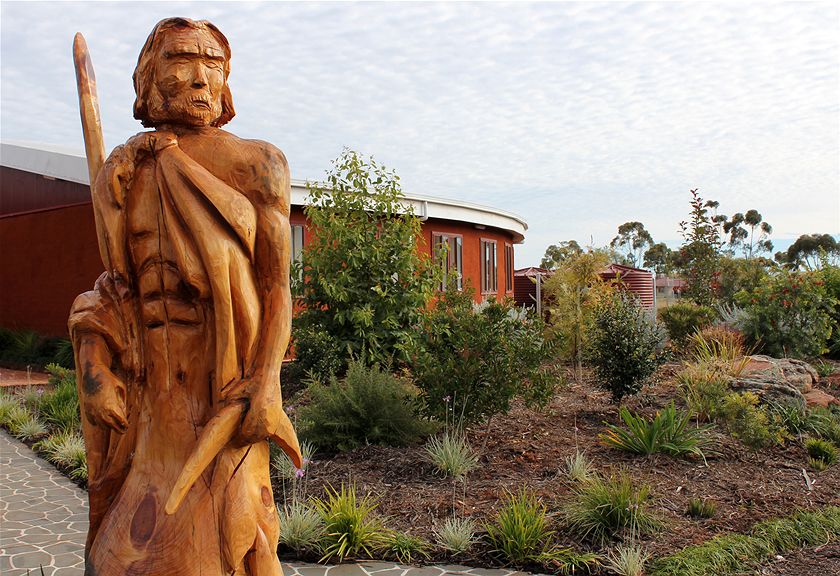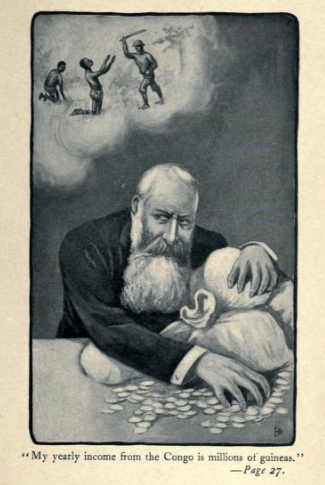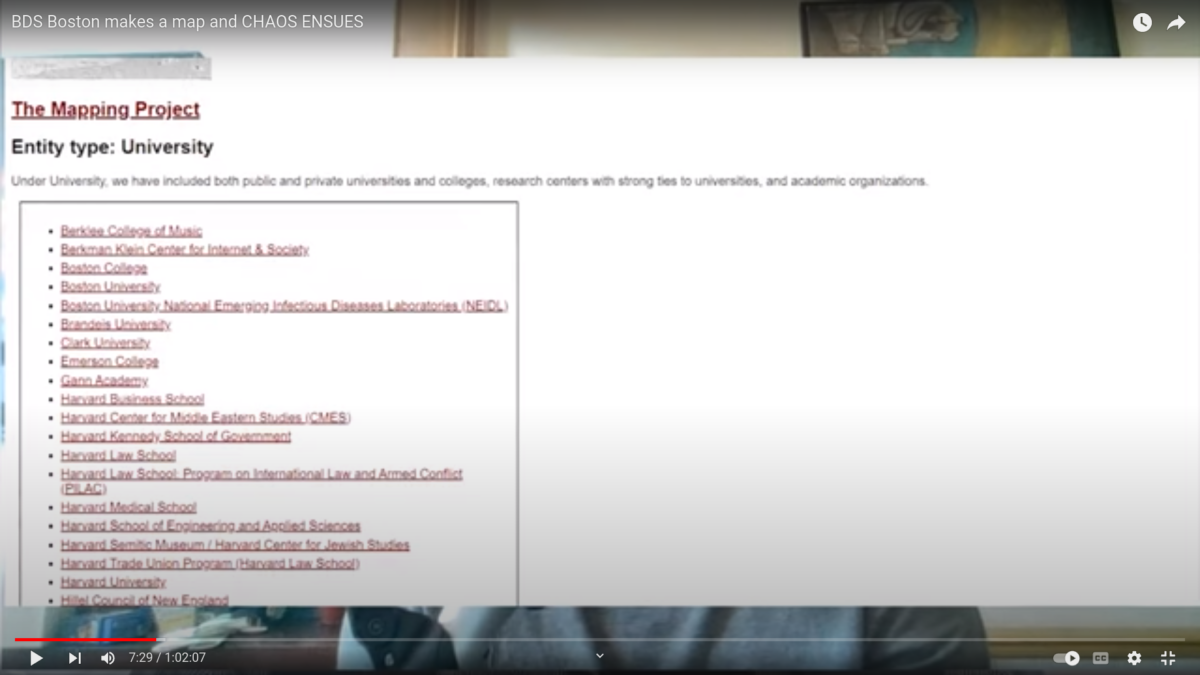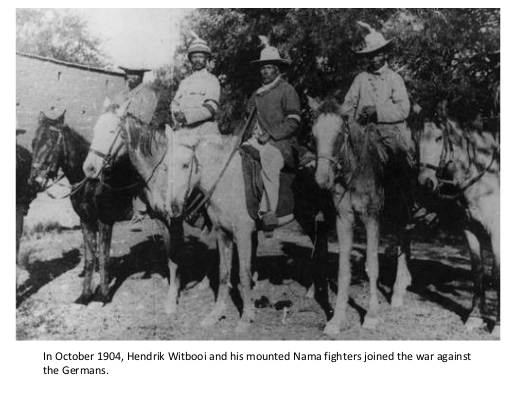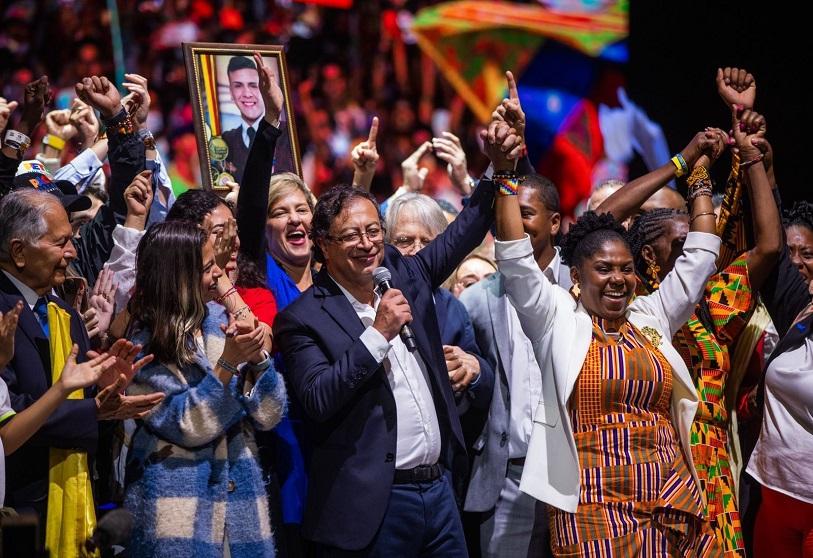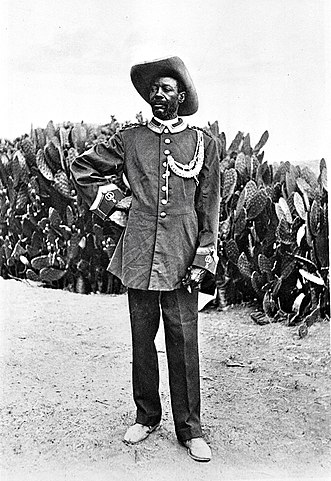We take advantage of some new scholarship of New Zealand history (Keenan, Wars Without End; Belch, New Zealand Wars; Simons, Soldiers, Scouts and Spies) to give you a hopefully fresh look at the 19th century scramble for colonies in New Zealand, which took the form of British wars against the Maori. Also featured – comparisons between New Zealand and Canada, and the idea that Parihaka may be considered a failure of nonviolence.
Author: Justin Podur
In Real Time with Stan Cox 4: A discussion of violence and policy murder
The fourth discussion with Stan Cox about his latest dispatch, “They’ll Show Up Armed – Countering Policy Murder and the Rising Violence of the Right”. We talk about a nonviolent march Stan participated in and a few of the historic movement debates about violence and nonviolence that we’ve seen over the decades. And we conclude with the question: will it be necessary for there to be more guns out there, to get gun control back on the agenda?
Scramble for Oceania 1: The theft of Australia
At the same time that the European empires were scrambling for Africa, they held a scramble in the Pacific. For the British Empire the base was Australia, and we begin with the scramble for Australia, the story of the theft of (another) continent beginning in 1788. Always was, always will be, aboriginal land.
Scramble for Africa 21: mini-scramblers Portugal, Italy, Spain, Sweden, Belgium, Denmark…
The biggest player in the Scramble for Africa was England. Second place to France, third to Germany. But there were many other European powers at the Berlin Conference in 1884 and the plunder of Africa was shared among even the smallest of European countries. Who and how, in this episode of the Scramble for Africa.
AER 112: BDS Boston makes a map and chaos ensues
In June 2022 a small activist group in Boston created mapliberation.org, a project mapping primarily policing institutions in Massechussetts and their connections to corporations, organizations, and politicians who are implicated in the prison-industry complex, in throwing people out of their homes to create investment opportunities, in grabbing Indigenous land, in colonizing Palestinian land, and other harms. When the website came out, the very institutions discussed in the mapping project unleashed a storm of criticism, bullied them off of two servers, and hurled a wide ranging set of ridiculous accusations. A roundup of the mapping project and the “freakout” about it.
Scramble for Africa 20: Germany (pt3) genocides the Nama, 1908
In September 1904 several Nama scouts slipped away from the Germans after the battle of Waterberg and the genocide of the Herero, to warn their leader, Hendrik Witbooi, of what the Germans were capable of. Hendrik Witbooi then called all the Nama leaders to war, a war where they used guerrilla tactics to confound the Germans and drive the German leader, von Trotha, home in defeat. But while they exhausted the German colonizers, they exhausted themselves as well and German missionaries were able to draw the survivors to surrender on false promises of good treatment, after which they were sent first to concentration camps and then to – perhaps – the world’s first death camp, on Shark Island. Our concluding episode on the Germans in the Scramble – on the Nama genocide.
Gustavo Petro wins Colombia’s presidency – what next?
Colombia, in a run-off vote, elected Leftist ex-rebel Gustavo Petro to the presidency in a narrow, historic election. We are joined by Colombian doctor and political activist, MANUEL ROZENTAL.
Justin Podur joins us for this roundtable on the impact of the elections in Colombia. This is a joint operation with The Anti-Empire Project and The Brief Podcast.
In Real Time with Stan Cox 3: The People vs Petrocracy
Stan Cox joins us for June’s dispatch of In Real Time. As he prepares to travel to Washington DC for a protest (the report on that will follow next dispatch) Stan actually talks to us about local struggles: Indigenous struggles against pipelines, and the remarkable story of the LA Bus Riders Union. All that and more in this episode of In Real Time with Stan Cox.
Scramble for Africa 19: Germany (pt2) genocides the Herero, 1904
The devastating story of the Herero genocide, complete with von Trotha’s extermination order, Samuel Maharero’s resistance, the battle at the Waterberg, and the concentration camps at Swakopmund and elsewhere. We’re using Erichsen and Olusoga 2011, The Kaiser’s Holocaust: Germany’s Forgotten Genocide and the Colonial Roots of Nazism.
AER 111: Imran Khan’s Long March in Pakistan
An update on the dynamic situation in Pakistan. Fan favorite Waqas Ahmad (@worqas on twitter) is back to talk about the massive march and nationwide protest of May 25 in Pakistan, which ousted Prime Minister Imran Khan called. Imran Khan called the protest off on May 26 in the face of escalation and repression, giving the government six days to call a new election (this is posted on day six). When Waqas and I organized this talk, we were in the middle of the protests and saw an explosive situation developing. I’m posting it now in the middle of what is probably a temporary calm.

